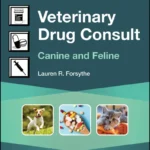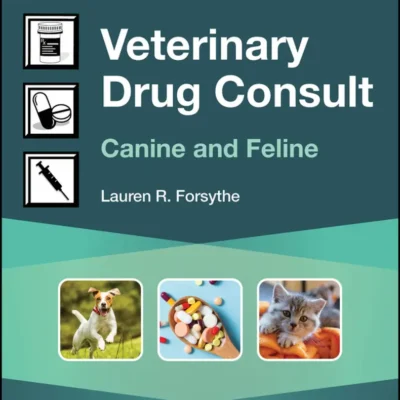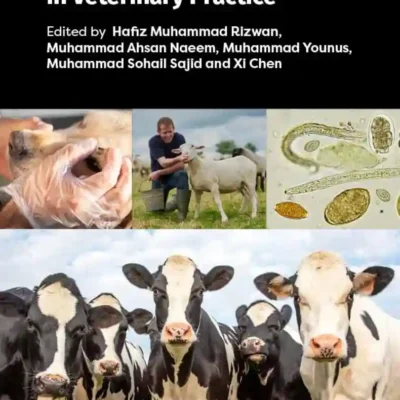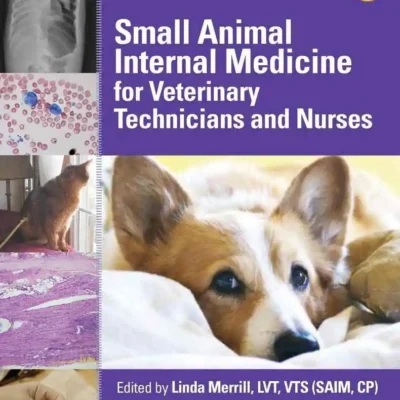Antibiotics In Veterinary Medicine: Resistance To Antibiotics And its Multiple Effects
It is of utmost importance, how consciously veterinary drugs, especially antibiotics, are used. Antibiotics are chemical agents synthesized by various organisms such as; bacteria, fungi, actinomycetes either to kill or inhibit the growth of other organisms. Main principle in antibiotic therapy is, to paramount enough poisonous/hazardous or fatal effect on the disease agent with a chemical substance that has limited or no poisonous/hazardous effect on the host.Resistance to antibiotics is an ability of bacteria and other microorganisms and, in general used to describe their impervious nature. Clinically, resistance describes the inefficiency of achieved chemotherapeutic serum dosage on the pathogenic microorganism or strain. Development of resistance to antibiotics in bacteria still is and will be an important issue. Thus it has been preferential concern of the world, leaving AIDS and AI behind. Last year, in April, EU Commission and WHO conducted a conference as “Towards a Strategy on Containment of Antibiotic Resistance in the WHO European Region” in Russia. Especially, dispersion of multidrug resistant Tb and the fast emergence of resistance against artemicin in malaria is alarming. MRSA continues to disperse. In order to solve this problem, EU launched a five year program. Establishment of antibiotic resistance surveillance net, development of resistance prevention strategies, registration of resistance in indicator microorganism by authorities and preparation of a national project is needed in our country.










